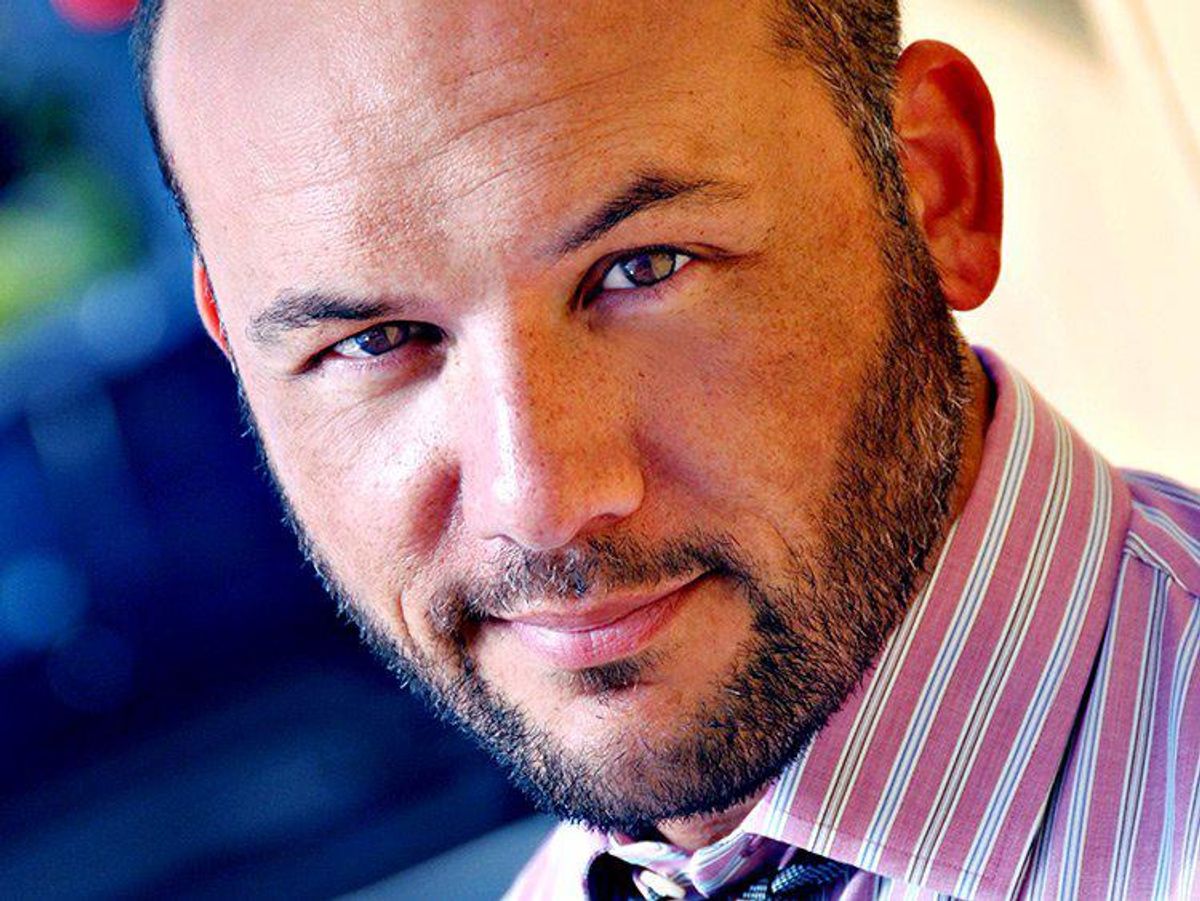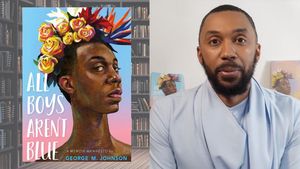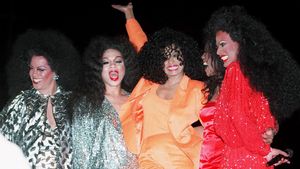Advocacy has always been essential to Alex Garner’s life and he firmly believes that the personal is political. Living openly as an HIV-positive gay man is something he does because he couldn’t bear not being honest about who he is.
“But,” he adds, “I also choose to be open about who I am because I understand that affirmatively declaring who I am in a world where we continue to be marginalized and dehumanized is a powerful form or resistance.”
You might not expect to find an activist working at a dating app, but the senior health and innovation strategist at Hornet, is using the platform to reach millions. Famous for initiating the “know your status” campaign, Garner finds his work at Hornet an avenue for his activism and a chance to empower others to make healthy choices. Plus, he gets to play a role in changing the way that men meet on the ever prevalent apps.
Hornet has a community of over 10 million users worldwide and provides various options for men to discover meaningful connections with each other. Garner is committed to providing the app’s users with as much information and resources as possible so they can make informed decisions about their sexual health. Hornet’s Know Your Status feature (click KYS on the menu bar) allows users to select an HIV status for their profile, and sign-up to receive regular reminders to get tested.
As a gay man living with HIV, Garnet says he understands the challenges that men encounter in the virtual space because of their HIV status or sexuality. He believes very strongly in cultivating spaces where gay men are affirmed and empowered to take control over their sexual health.
Garner says he doesn’t look back and regret choices he made—“There are many lessons I can learn from my past that can help me in the present or future,” he argues—but he is concerned by statistics that show high rates of new HIV infections among 13-24 year-olds. According to the Centers for Disease Control and Prevention, as of 2014, youth in that age bracket accounted for an estimated 22 percent of all new HIV diagnoses. “Even though gay men are the majority of infections and new infections in the U.S.,” Garner complains, “we do not receive the majority of resources and funding.”
He blames that inequality on, “an extension of a system of government and a culture that has not valued the lives and sexualities of gay men for over 35 years; in particular, gay men of color. This epidemic continues to expose the deep structural problems of racism, homophobia, xenophobia, poverty—and the list goes on.”
Additionally, Garner fears there remains an intense discomfort about gay sex that hampers public health responses and allows others to pathologize what gay and bisexual men do in bed. “Gay sex, in all its varieties, must be celebrated,” Garner insists. “We need the resources and support to be empowered around the choices we make as we purse pleasure, intimacy, and wellness.”












































































